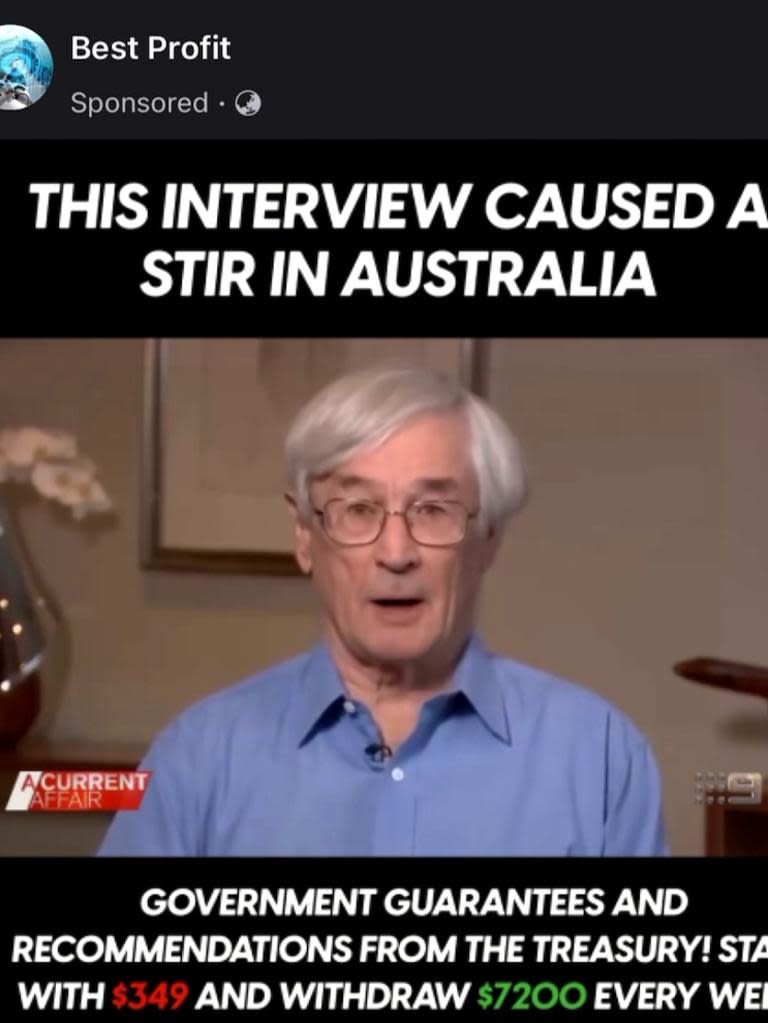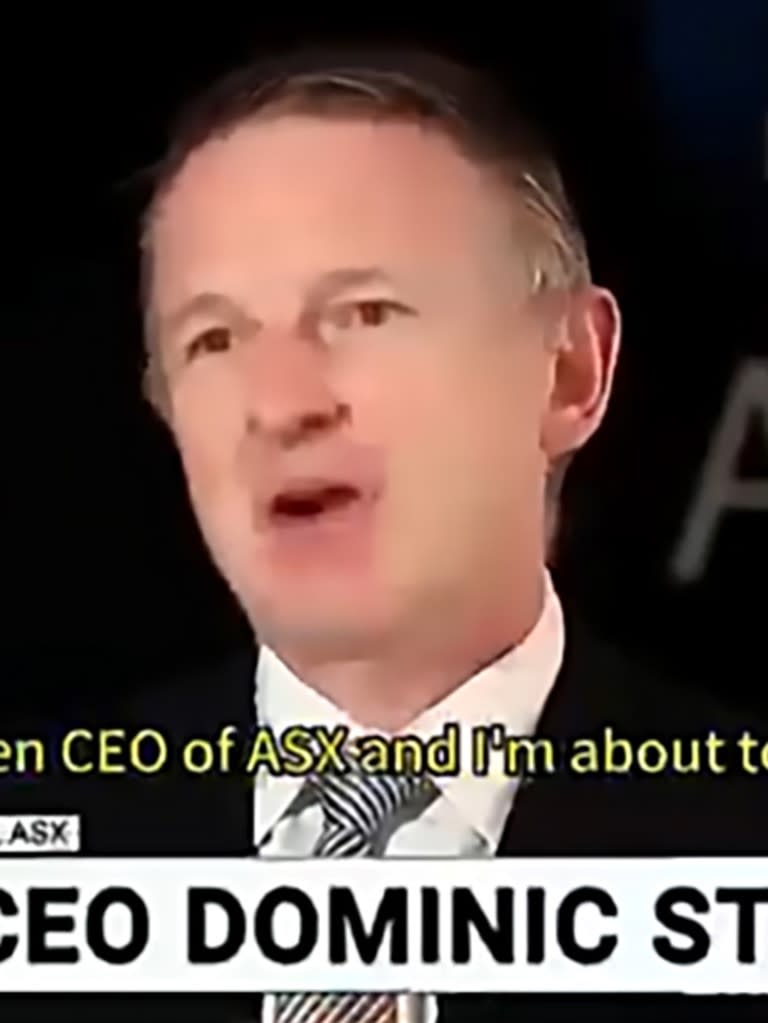‘Beware’: Chilling warning over AI scam

Police have issued an alert over an emerging trend of disturbing scams, where scammers use AI to create fake videos or messages resembling loved ones or celebrities, duping them into fake investments or stealing their money or personal information.
NSW Police warned people not to “fall for the illusion” of the rising trend deepfake scams, which are being used to exploit vulnerable Aussies, in a public alert on their Facebook page on Wednesday.
“Beware of deepfake scams. Don’t fall for the illusion. Protect yourself and your loved ones from digital deception,” police said.
Deepfake scams involve scammers using deepfake technology or AI to manipulate existing videos and images, and even alter voice clips or create their own convincing audio.
Scammers will typically generate footage or images of celebrities or politicians – or in some cases of a person’s loved ones – and use the fake assets to manipulate people into fraudulent investments.
At other times, they steal people’s personal information or banking details.

Hunter Valley resident Gary Meachen spoke out on his experience with said scammers, losing his $400,000 nest egg to a sophisticated investment scheme scam plugged over Facebook.
Speaking to A Current Affair, Mr Meachen said the ad gave the impression billionaire Elon Musk, Prime Minister Anthony Albanese, former prime minister Julia Gillard and a host of media celebrities and presenters had backed the so-called scheme.
But the footage of everyone in the ads all used deepfake technology.

“You’d go and look at it three times a day just to see how much money you were making. We thought we’d make a million within two weeks,” Mr Meachen told the program, only to find he and his wife had lost money from their bank account after their investment.
Mr Meachen said he has reported the scam to the authorities.


In their alert, NSW Police urged people to pay attention to inconsistencies in videos – including unnatural expressions, a person’s emphasis on words, distortion around the hands, mismatched lip-synching and “unusual” blinking.
“Protect yourself and your loved ones from digital deception,” their alert stated.
How to avoid deepfake scams:
Pay attention to inconsistencies: unnatural expressions, a person’s emphasis on words, distortion around the hands, mismatched lip-synching, unusual blinking
Create a family password or phrase so if you’re suspicious when speaking on the phone or FaceTiming, ask the caller for the password
Ask a personal question only they would know
Don’t be pressured into making quick decisions
Research the legitimacy of any investment firms
Report a scam to scamwatch.gov.au


